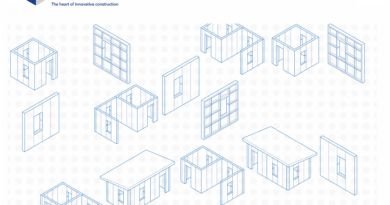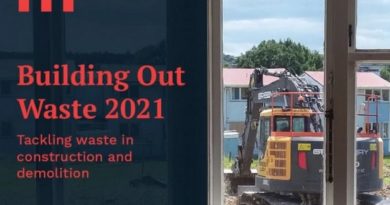Budget 2022 | Budget’s warm homes plan ‘literally the least the government could do’’
The one year extension to the Warmer Kiwi Homes programme announced in today’s Budget has been called ‘literally the least the government could do’ by the Green Building Council.
Today’s Budget only extended the home insulation and heating programme until the end of June 2024, with no increase in the annual amount of homes already covered.
Andrew Eagles, chief executive of the Green Building Council said:
“New Zealand has a housing crisis, a climate crisis, and soaring costs of living, and this year’s Budget should have provided a huge investment in pollution busting home renos, helping to tackle all these problems and giving hundreds of thousands of Kiwis warm, healthy, low carbon homes.
“But instead, when it comes to delivering warm homes, this Budget is literally the least the government could do.
“The government’s existing programme to insulate and heat homes has only been extended by one year, with no annual increase in the number of homes. This is nowhere near the investment needed. Instead, it should have been extended to hundreds of thousands of homes for several years.
“An ambitious home reno programme would slash household bills for hundreds of thousands of families for pretty much the lifetime of the home, saving Kiwis money for years and years. This is the multi-decades long solution our homes need.
“And with New Zealand having one of the lowest debt levels in the world, and a resilient economy forecast, we can afford a significant investment.
“The Winter Energy Payment, which is a sugar hit lasting just a short amount of time, is tackling the symptoms not the causes of our poor homes and simply isn’t the long-term solution needed.
“If ambitious enough, renovating thousands of homes each year would reduce the amount of energy needed on cold winter evenings to such an extent that we wouldn’t need the coal-fired Huntly power station to kick in when our demand overloads the grid, as it does now.”
The Green Building Council had called for a multi-billion dollar government investment over eight years to slash the carbon pollution of around 300,000 homes, as part of this week’s government climate announcements.
This investment would provide New Zealanders with grants to cover half the costs of a low carbon home renovation. This would not only reduce emissions – it would also make all those homes warm, dry and healthy places, improving New Zealanders health, and slashing household energy bills.
A low carbon home renovation, often called a deep energy retrofit by building experts, includes measures such as improving insulation in walls, ceilings, and floors, which help keep a comfortable, healthy temperature with less need for constant heating and cooling, alongside installing heating and cooling appliances, like heatpumps, that are energy efficient and suitable for the size of the home. It can also include making sure hot water is heated efficiently, and keeps its temperature through the pipes.
Many European Union and OECD countries have deep retrofit programmes. Ireland, similar in population and economy size to New Zealand, with a similarly poor amount of homes, is working to deep retrofit 500,000 homes by 2030.
You can read a full summary of the takeaways for the building and construction sector here
Source: NZGBC




